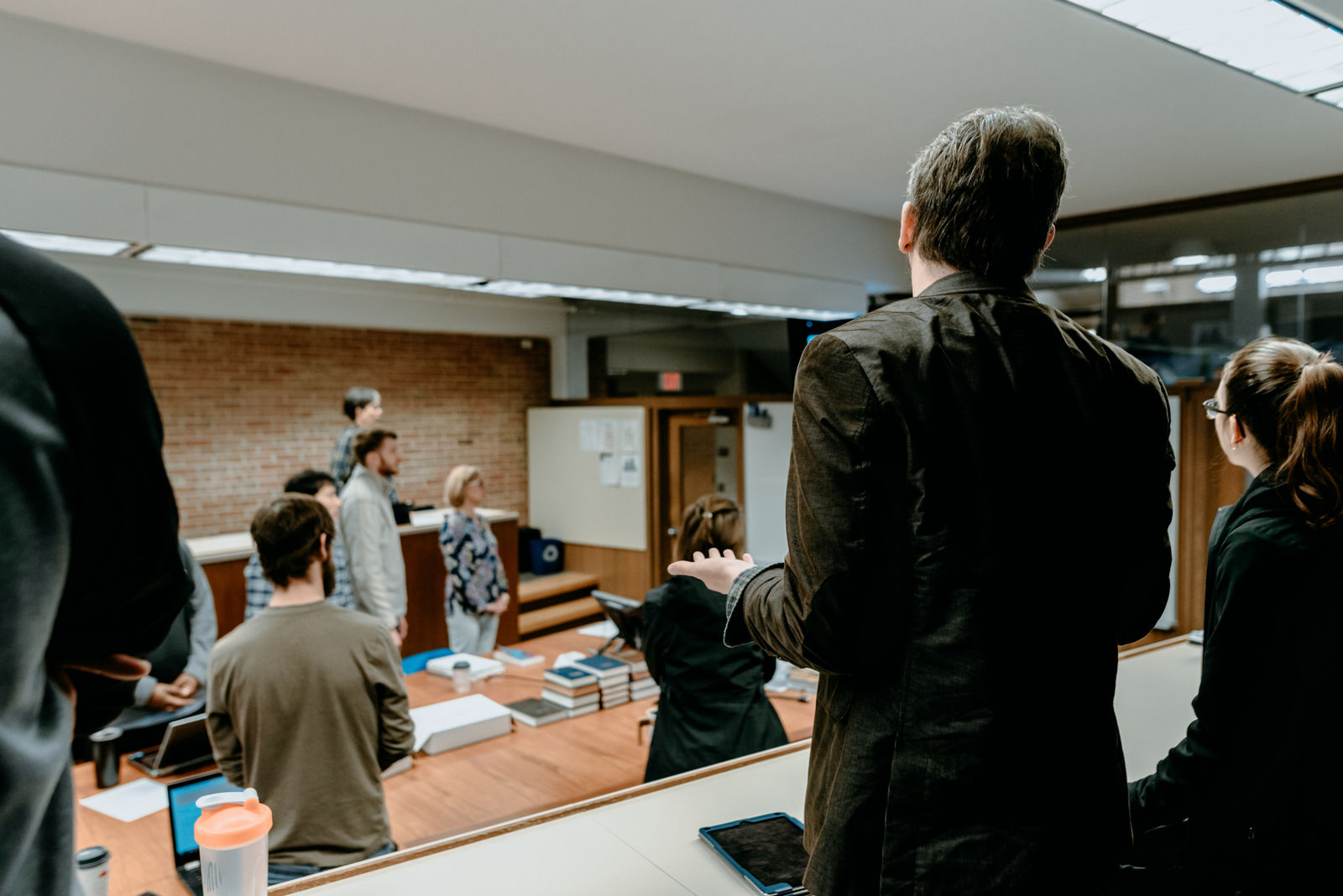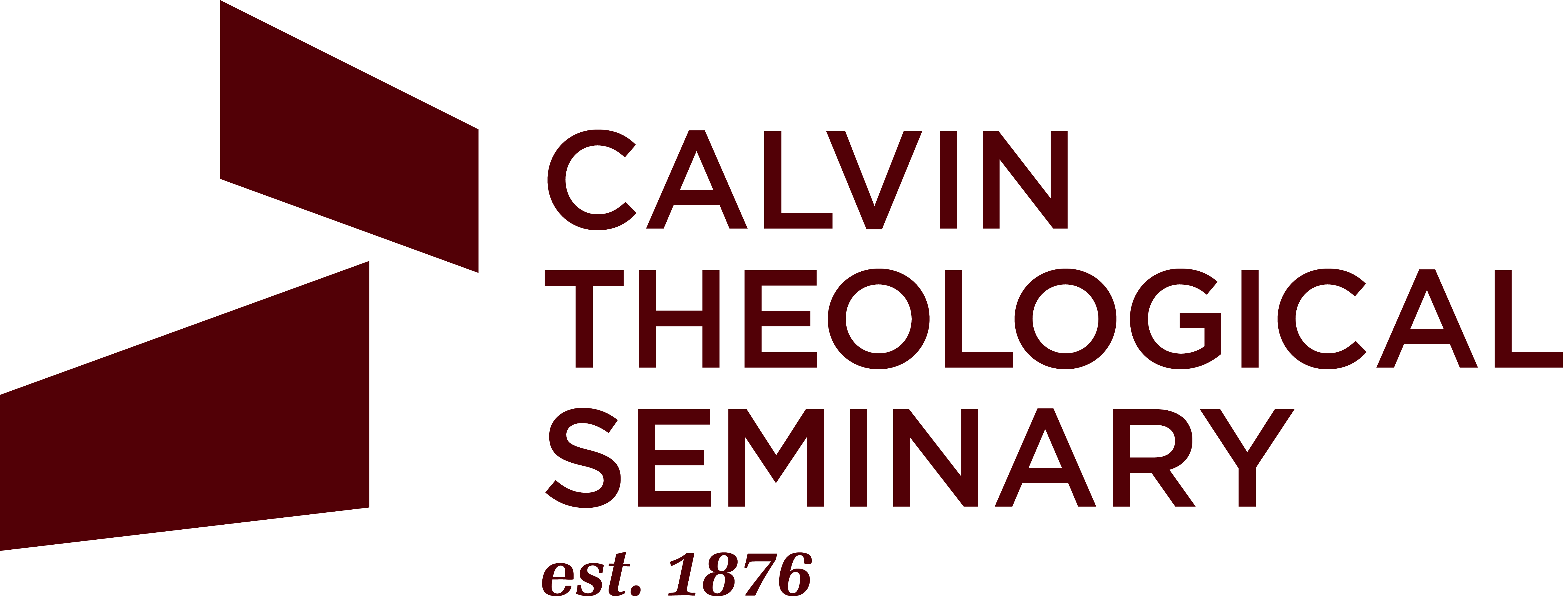Master of Arts in Bible and Theology
Our Master of Arts in Bible and Theology Program
Explore a program that allows you to dig deep into Scripture, systematic theology, and church history.
MA in Bible and Theology Courses & Credit Hours
This program totals 39 credit hours. Those who have extensive knowledge in the Bible and theology may be able to receive credit for past learning. Students are eligible to receive up to six hours of credit through advanced standing testing.
However, a significant number of our students have not formally studied religion and theology prior to attending seminary. Students come from a range of educational backgrounds, from the sciences to the arts and humanities. No matter your background, you are welcome here.
The process of spiritual formation is intentionally engaged so that habits developed through theological education will form students holistically for ministry.
This course introduces biblical Hebrew and equips students with the basic knowledge and skills necessary for exegetical study of the old Testament.
Greek Tools for Exegesis (3)
This course introduces students to the theology and message of the Old Testament. Emphasis falls upon the Old Testament as a witness to the Missio Dei, Israel’s covenantal vocation, as well as on fundamental theological themes like covenant, divine presence, kingdom, and eschatology. The course will also introduce students to the Old Testament’s literary shape and general historical setting. Finally, the ‘Mission of God in the Old Testament’ encourages students to articulate the OT’s importance for ministry and theological thinking in the context of the Church.
We will survey the grand story of the missio Dei in the New Testament. We will explore the mission of God to redeem and restore God’s fallen world, including themes such as the image of God, covenant, blessing, suffering, community, and shalom. We will make connections to contemporary ministry issues such as creation stewardship, self-identity, gender relations, anti-racism, immigration, economic justice, etc.
Interpreting the Old Testament for Today’s World OR Interpreting The New Testament for Today’s World (3)
The Story of Christianity I OR The Story of Christianity II (3)
Systematic Theology I OR Systematic Theology II (3)
Capstone (1)
Electives in any area (15)
Additional electives equal to 39 credits
On Campus & Online
Complete your Master of Arts in Bible and Theology through fully online learning, in-person learning, or hybrid learning (completing much of your work online and traveling to campus twice a year for five-day intensives). Consider the benefits of our residential campus community in Grand Rapids and our distance learning options.
Reformed Tradition
Calvin teaches students in the Reformed tradition of historical Christianity. Students come from a variety of Christ-centered faith backgrounds and are invited to bring the richness of their own traditions to the classroom and community.
Vocational Formation & Contextual Learning
The Vocational Formation Office is available for all students who seek vocational support such as mentorship, contextual learning opportunities, and the Birkman assessment.
Finishing Your Master of Arts in Bible and Theology
How Long Does a Master of Arts in Bible & Theology Studies Take?
This program entails two years of full-time coursework for on-campus students and three years of coursework for online and hybrid students, due to the schedule of course offerings.
Program Outcomes
Students and alumni of this program serve in a wide range of roles: teachers, business leaders, professionals, church employees, and many others.
How to Apply
Your application is the first step to getting your master’s degree. Don’t delay in starting our straightforward, guided application process.
Tuition reduction and scholarships are available to most students of Calvin Theological Seminary. Learn more about your possibilities through financial aid.
Application Requirements
Admission Deadlines
The due dates below are when all materials are due by (the application, recommendations, transcripts, etc). These dates are for residential, online, and distance hybrid students.
Fall Term
- July 1: North American Applicant Deadline
- June 1: International Student Deadline
- March 1: Apply for this date to be considered for the first round of scholarship awarding. Note: If you miss this date it doesn’t necessarily mean you won’t receive a scholarship, but you may miss the first round of awarding.
Spring Term
- November 15
Summer Term
- April 1
Frequently Asked Questions (FAQs)
Apply Now
Join the robust community of Calvin’s Master of Arts in Bible and Theology program when you apply today.
Get to Know Calvin Theological Seminary

Meet Your Faculty
Faculty at Calvin Theological Seminary carry out the seminary’s mission as inspiring thought leaders, invested teachers and mentors, and committed followers of Christ.

Student Stories
Past graduates have applied their learning to a variety of ministry-based opportunities. Here are some of their stories.

Academic Support
In addition to contextual learning, the Vocational Formation Office offers students other forms of support, including formation groups with peers, vocational mentors, and assessment tools to help students identify and cultivate their strengths.
